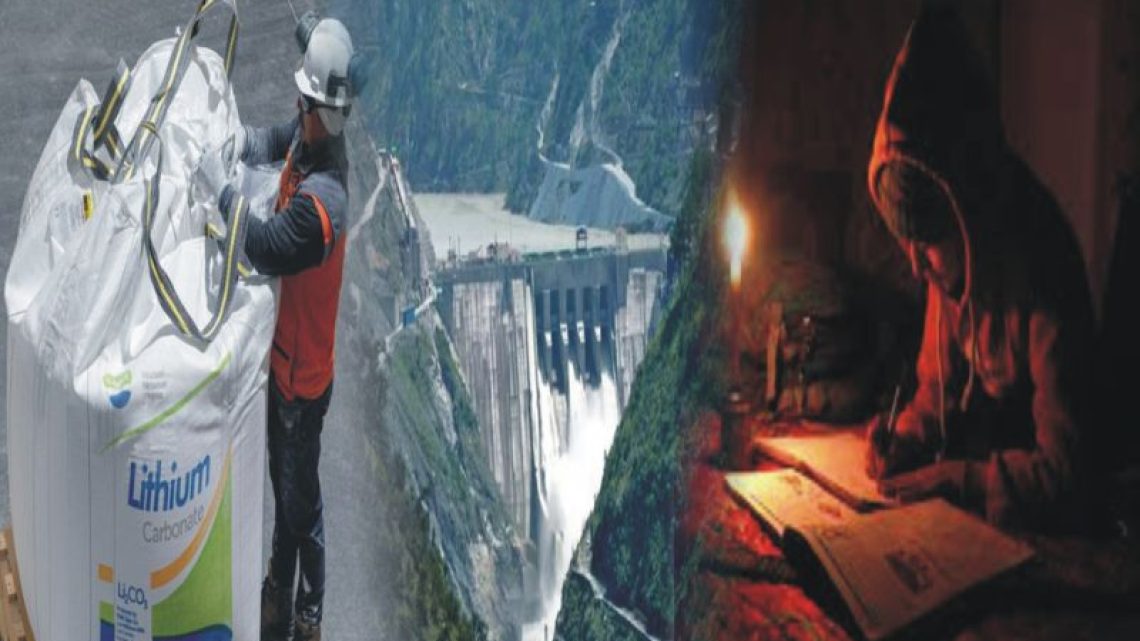
The Economic Exploitation: APHC Exposes India’s Plunder of Kashmir’s Resources
April 3, 2024The All Parties Hurriyat Conference (APHC) has accused the Indian government under Prime Minister Narendra Modi of systematically exploiting the natural resources of occupied Jammu and Kashmir to perpetuate the economic marginalization of the Kashmiri people. In a recent statement issued in Srinagar, APHC spokesperson Advocate Abdul Rashid Minhas highlighted the multifaceted strategy employed by the Modi administration to disempower Kashmiris politically, constitutionally, culturally, and economically, particularly intensified since the revocation of the territory’s special status on August 5, 2019.
Minhas pointed out that India has been exploiting Jammu and Kashmir’s water, mineral, forest, and other resources since 1947, leading to the economic dependence of Kashmiris on the Indian state. However, the Modi government has exacerbated this trend by leasing electricity from Kishtwar’s Ratle Power Project and restarting auctions of lithium reserves in Reasi.
The APHC expressed concerns over the outsourcing of contracts to exploit natural resources belonging to the people of Jammu and Kashmir, emphasizing that such exploitation primarily benefits cronies of the ruling Bharatiya Janata Party (BJP) and perpetuates economic underdevelopment in the region.
The deliberate underdevelopment of Jammu and Kashmir through the plundering of its natural resources serves as a tactic to uphold India’s illegal occupation of the territory, the statement asserted. The APHC called on the international community to exert pressure on India to respect the rights of Kashmiris to their land and natural resources.
The statement by the APHC underscores the complex and longstanding issue of resource exploitation in Jammu and Kashmir, which has significant political and economic ramifications. By framing India’s actions as part of a systematic strategy to disempower Kashmiris, the APHC aims to draw attention to the ongoing oppression and marginalization faced by the Kashmiri people.
The reference to the revocation of Jammu and Kashmir’s special status in 2019 is crucial, as it marked a significant escalation in the Indian government’s efforts to assert control over the region. The Modi government’s decision to lease electricity from power projects and restart auctions of mineral reserves further highlights its economic interests in the region, which often come at the expense of Kashmiri autonomy and development.
Moreover, the APHC’s emphasis on the outsourcing of resource exploitation contracts underscores the role of crony capitalism in perpetuating economic inequality and underdevelopment in Jammu and Kashmir. By prioritizing the interests of BJP-affiliated businesses, the Indian government exacerbates existing disparities and reinforces its grip on the region.
Overall, the APHC’s statement serves as a poignant reminder of the ongoing struggles faced by the Kashmiri people and the urgent need for international intervention to address human rights violations and ensure the equitable distribution of resources in the region.

